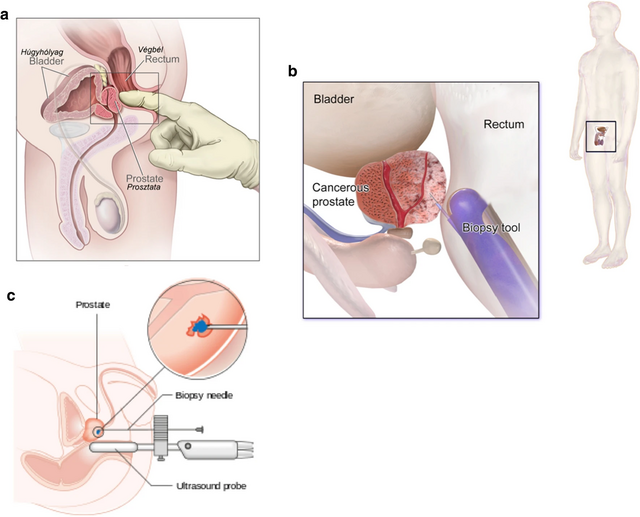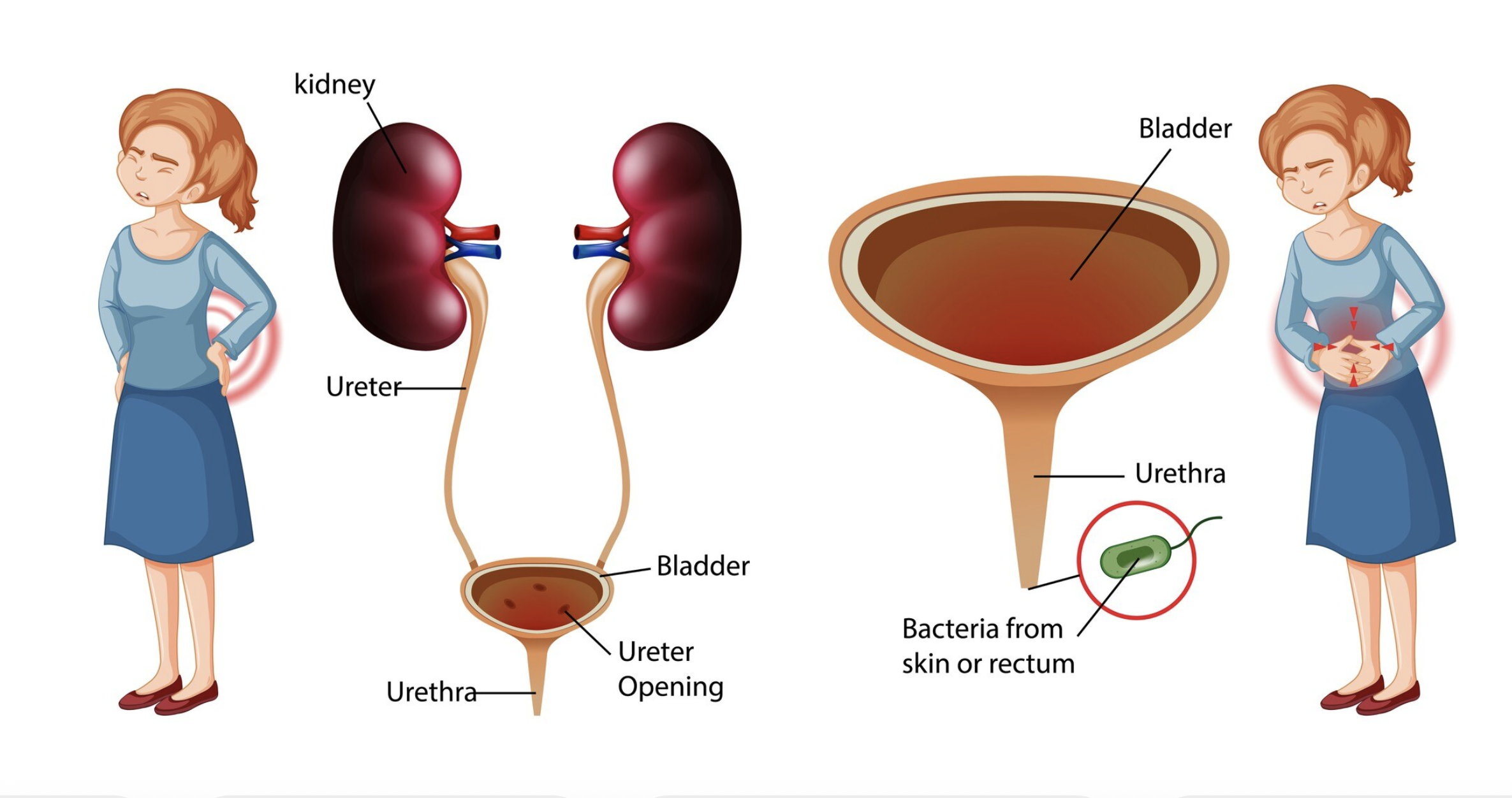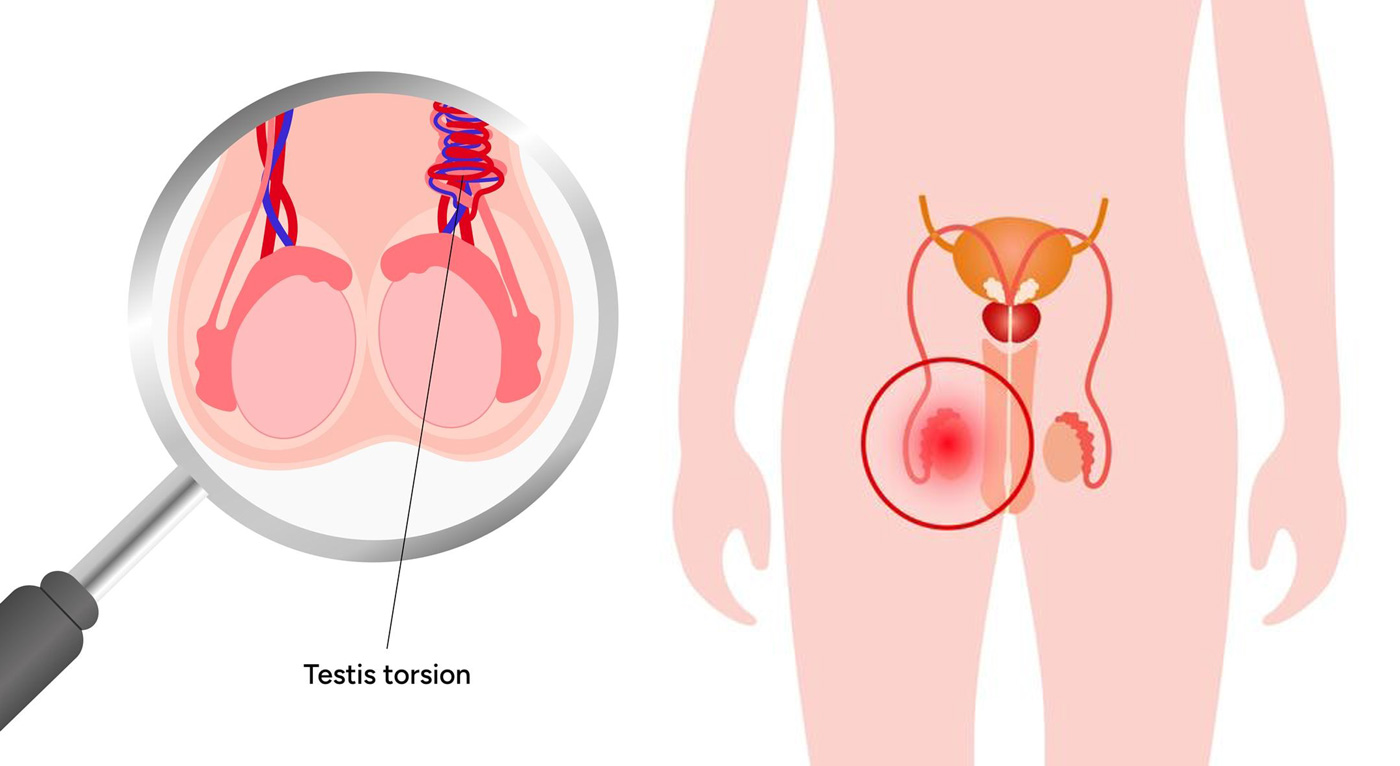Introduction
Men’s health is a topic which should be given much more importance, especially its connection with the prevention and early detection of prostate-related problems. The prostate, a small gland which plays a vital role in the male reproductive system, often becomes a source of health-related problems as men grow older. Though prostate problems are very common, most men seek medical attention at the eleventh hour when the issue gets serious. It goes without saying that early detection for any disease process has always had a pivotal role in achieving good treatment outcomes.
Prostate Health
The prostate is a gland that secretes fluid to nourish and transport sperm. As a man grows older, his prostate can enlarge, which can result in conditions like benign prostatic hyperplasia (BPH), prostatitis, or worse, prostate cancer. BPH, the non-cancerous enlargement of the prostate, is the most common issue with the prostate in men over the age of fifty. Prostate cancer comes in second in terms of the leading cause of male cancer around the world. Understanding these conditions and potential effects on health is the first step toward being proactive.
The Importance of Early Detection
It is important to detect prostate problems at an early stage. Take prostate cancer: it has no signs in the early stages and therefore can advance for years, hiding out until finally causing symptoms like trouble with urination or pelvic pain. But by that time, the cancer has advanced and is harder to treat. By contrast, through routine screening, signs of disease can be detected and problems treated before they are severe. This approach increases treatment success and at the same time minimizes complications.
Signs and Symptoms to Look out For
Men should take note of some signs and symptoms that can indicate problems with their prostate. This can include:
• Frequent urination, especially at night
• Difficulty starting or stopping urination
• Weak or interrupted urine flow
• Pain or discomfort during urination or ejaculation
• Blood in urine or semen
Most of these symptoms are not very serious but should not be ignored. If you experience any of these, it’s important to consult a urologist for a thorough evaluation.
Screening and Diagnosis
Prostate screening typically entails two main tests—the prostate-specific antigen (PSA) blood test and the digital rectal exam (DRE). During the PSA test, a man’s level of PSA in the blood is measured; an increased PSA level has been linked to prostate conditions, including cancer. The DRE is a physical examination of the prostate to check for any abnormalities. Men age fifty and over, or those with a family history of prostate cancer, should discuss with their doctor when to begin regular screenings.
Treatment Options
The treatment for prostate problems varies depending on the condition and its severity. For benign prostatic hyperplasia, treatment may include medications, lifestyle changes, or minimally invasive procedures. For prostate cancer, the treatment may go from active surveillance of the disease (monitoring closely the cancer) to surgery, radiation therapy, or hormone therapy. It is worth mentioning that treatment should always be individualized, considering the health state the patient currently has, the stage the disease has reached, and personal preferences.
Lifestyle and Prevention
A general healthy lifestyle can be very important in preventing problems with the prostate. The chances of prostate issues are lowered by having a balanced diet full of fruits, vegetables, and healthy fats, coupled with regular exercises. However, knowledge and routine check-ups by a urologist are very important measures in early detection and prevention.
Conclusion
Prostate problems are a significant concern for men, particularly as they age, but they don’t have to be faced alone or too late. This can aid in avoiding complications and lead to better health outcomes. Do not wait for symptoms to get worse; act on it today.
Call to Action
If you are over fifty or if prostate problems run in your family, then it is high time that you booked a prostate screening. Give us a call now to set up an appointment and take your first step towards having a healthy prostate.





